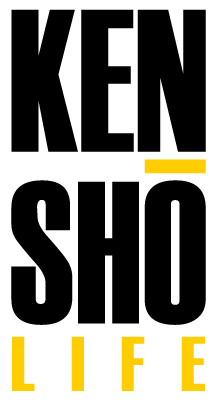A conscious purchase.
“Mum I want a hot dog… They don’t come from dog though, do they?”
– Jake, Age 5.
THE LOWDOWN
Kids’ ideas about where food comes from may make us chuckle but, do we really know where the stuff we buy comes from? And would we choose to buy it if we truly understood the impact of a particular item on local communities, the environment, and our health? We assume there are enough government controls out there so we can safely eat, wear and use pretty much anything sold in the supermarket, but it’s very rare that we will investigate all the way to the source, the people involved in the production, and the real impact of the items in our shopping bag. It’s a lot of hassle and many even secretly admit not wanting to know, so they don’t have to give up a particular item or brand.
The reality is that although most of us would always choose to do what’s good for ourselves, for others and the planet, convenience often plays the winning hand. So this week we propose you choose a product that you would normally buy (nothing new) and make the effort to investigate its process cycle, impact, benefits and risks, and then make a conscious choice about buying it, or not, or changing brand, or whatever you decide to do.
WHY IS IT GOOD?
Consciously purchasing an item is a process that brings many benefits, here are some of them:
Acting in alignment to values that benefit the larger community increase our levels of happiness.
It puts you more in control of your shopping choices.
Helps cultivate compassion and connectedness by reflecting on the lives of the people that make the product possible.
It boosts your gratitude levels through realising and appreciating the complexity of the process and the huge amount of people involved in making possible the product you are holding in your hands, from the farmer and the soil to the person stocking the shelves. Gratitude is a powerful force for goodness and well-being.
Break the habit of impulsive, mindless shopping, hence breaking the hedonic treadmill.
SOME IDEAS
Choose and investigate the product before you go out shopping (one of us here often does the research on the mobile phone in the middle of the aisle…)
Read the story/info: sustainable, ethical brands tend to tell their story, read it and spend 5 minutes doing further research or visit their website.
You don’t need to buy a physical product, you can use Ecosia as your search engine and you’ll be helping plant trees where they’re needed the most. It’ll tell you how many trees are planted with your own searches. Really cool! (Don’t forget to search “is ecosia legit” on some other search engine first!)
Buy the same product you were going to buy but find a local option or buy in bulk to reduce the environmental impact.
Look for products with fair trade/sustainable/organic certifications.
EXTRA BROWNIE POINTS
Tell others about your experience and encourage them to also give it a go!
Wishing you a happy conscious shopping!
Vero and Enrique
What's your Kensho?
Please help us spread happiness by sharing the boosters!
Web: https://kensho.life/weekly-happiness-booster
Newsletter: http://eepurl.com/c7Q88z
JOIN THE KENSHO LIFE
Sign up to our newsletter to receive our latest guided meditations, news and articles.


